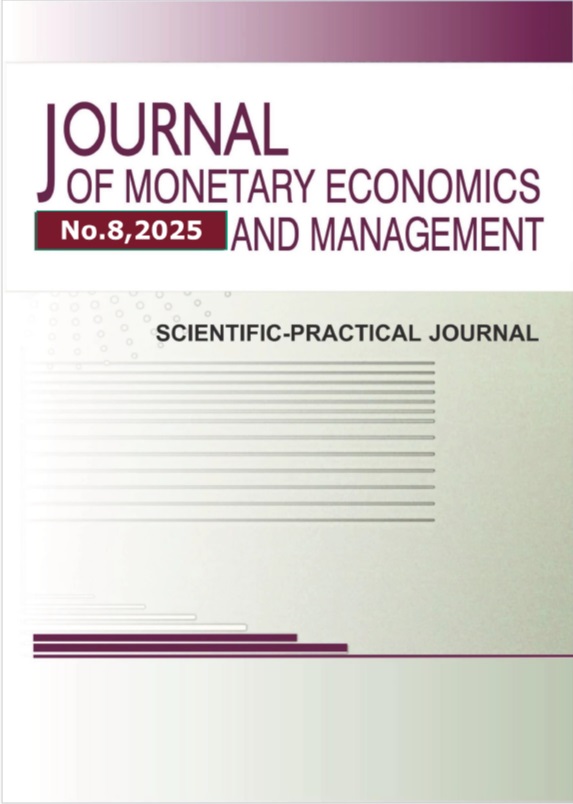student
The article considers the tariff as a controlled system of cash flow, where each level of the package affects revenue per subscriber (ARPU, average revenue per user), contribution margin and lifetime value (LTV, lifetime value). A framework is proposed that connects the “cleaned” gigabyte economy, behavioral models (cohorts, survival) and causal experiments to distinguish cannibalization from real inflow. It is shown that a “quiet” plan with a guaranteed base speed, a night window and speed limitation protect the margin better than distributing additional gigabytes. Personalization of retention is effective only when tied to the identified customer problem and strict limits on individual discounts. For content bundles, the key is payment “upon consumption”. The result is a portfolio of 4-5 levels with “handrails” that prevents self-stratification and reduces churn without overheating the network. Success metrics are an increase in the contribution margin per gigabyte, stable ARPU and a decrease in the share of downgrades.
tariff portfolio, ARPU (average revenue per user), LTV (lifetime value), package cannibalization, subscriber retention, “quiet” plan, night traffic window, speed limitation, content bundles, causal analytics
1. Blanchenko, M. S. Ekonomicheskiy effekt ot privlecheniya i uderzhaniya sotovyh abonentov posredstvom cifrovizacii biznes-modeley v nebol'shih gorodah na primere kompanii Megafon / M. S. Blanchenko // Finansy v ekonomike Rossii: opyt proshlogo na sluzhbe buduschemu pokoleniyu : Sbornik statey / Pod red. M.S. Shal'nevoy, D.A. Egorovoy. – Moskva : Obschestvo s ogranichennoy otvetstvennost'yu "Izdatel'stvo "KnoRus", 2020. – S. 44-48
2. Proskura, D. V. Uslugi fiksirovannoy telefonnoy svyazi. Voprosy upravleniya prodazhami v telekommunikacionnoy kompanii / D. V. Proskura, N. V. Proskura // Voprosy ekonomiki i prava. – 2015. – № 79. – S. 113-118
3. Lankevich, K. OSS kompleks kak instrument kontrolya loyal'nosti klientov operatora svyazi / K. Lankevich, N. Habaev, M. Skorinov // T-Comm: Telekommunikacii i transport. – 2016. – T. 10, № 5. – S. 36-40
4. Balles, A. V. Osobennosti investicionnoy politiki telekommunikacionnoy sfery v epohu uvelicheniya potoka innovaciy / A. V. Balles // WORLD SCIENCE: PROBLEMS AND INNOVATIONS : sbornik statey pobediteley IX Mezhdunarodnoy nauchno-prakticheskoy konferencii: v 2 chastyah, Penza, 30 aprelya 2017 goda. Tom Chast' 2. – Penza: "Nauka i Prosveschenie" (IP Gulyaev G.Yu.), 2017. – S. 95-98
5. Ermakova, A. V. Tekuschee sostoyanie seti 5G, perspektivy razvitiya i razvertyvaniya seti 5G / A. V. Ermakova // Studencheskiy vestnik. – 2021. – № 21-8(166). – S. 46-50
6. Fedosov, V. P. Nauchnye zadachi razvertyvaniya seti svyazi pyatogo pokoleniya (5G) na osnove setey predyduschih pokoleniy besprovodnogo dostupa / V. P. Fedosov, A. V. Emel'yanenko, R. V. Rubcov // Telekommunikacii. – 2015. – № 2. – S. 2-9
7. Le An', T. Obosnovanie fragmentacii seti s pomosch'yu glubokogo obucheniya v besprovodnyh setyah (5G/LTE) / T. Le An', T. L. Vo Min', B. Daneshmand // Vestnik Voronezhskogo gosudarstvennogo tehnicheskogo universiteta. – 2022. – T. 18, № 6. – S. 106-114
8. Mayorov, D. S. Set' 4G/LTE i perspektivy razvitiya setey mobil'noy svyazi pyatogo pokoleniya (5G) / D. S. Mayorov, E. A. Slepcova // Nauchnoe soobschestvo studentov : sbornik materialov VIII Mezhdunarodnoy studencheskoy nauchno-prakticheskoy konferencii, Cheboksary, 31 marta 2016 goda. – Cheboksary: Obschestvo s ogranichennoy otvetstvennost'yu "Centr nauchnogo sotrudnichestva "Interaktiv plyus", 2016. – S. 158-160









